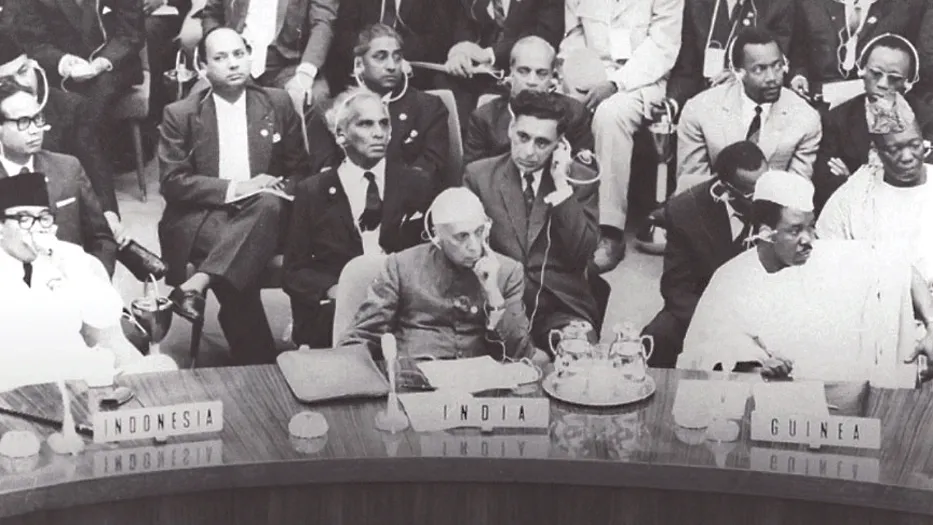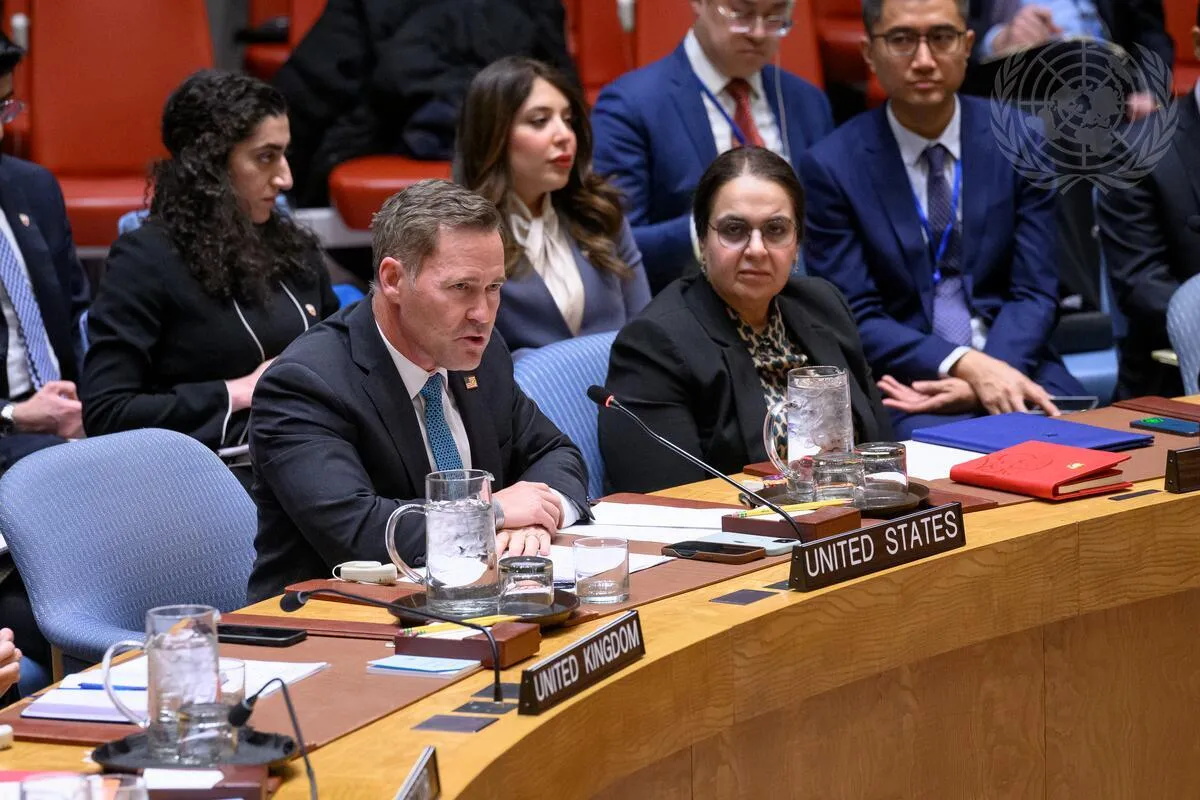The Valdai Discussion Club of Russia sponsored an online meeting today commemorating the 70th anniversary of the Bandung conference in 1955, which was the first major independent gathering of Third World countries. The conference posed the question of the legacy of Bandung today, and asked how this affects the organization of the Global South.
There were presentations about the history of the Bandung conference and the Non-Aligned Movement it spawned, which was also the first appearance of China in the context of the developing world.
The meeting gathered under the title “70 Years On: The Legacy of Bandung” and it posed the central question: “Is Bandung 2.0 possible?”
The convening document stated: “Seventy years ago, on April 18, 1955, the Bandung Conference was held in Indonesia. It became a key event in world politics, when the newly independent states of Asia and Africa were able to openly declare their interests and priorities, formulate the values and principles of their approach to international affairs, and reflect upon the fight against colonialism and neocolonialism. What is the significance of the Bandung Conference in the modern world? Which of its results are important for Russia and the countries of the Global South? Is Bandung 2.0 possible? The participants of the discussion will try to answer these and other questions.”
Among the numerous speakers, Professor Connie Badrie from Indonesia underlined the significance today of the Belt and Road Initiative as a continuation of the development of the solidarity called for at Bandung, and a concretization of the five principles of the Bandung conference. She also underlined the possibility of having BRICS fulfill the function that was previously envisioned by the Non-Aligned Movement.
Professor Ekatarina Koldunova spoke of the importance of reviving the history of that period for a generation for which it has been completely lost. She also stressed the importance of the collaboration between China and India at that time as being a crucial element in the realization of the goals of Bandung. Today with the new strains in the China-India relationship, she urged the reformulation of principles of cooperation which could bring these two giants closer together.



